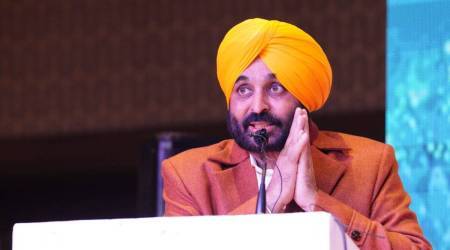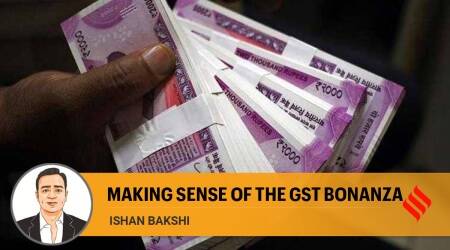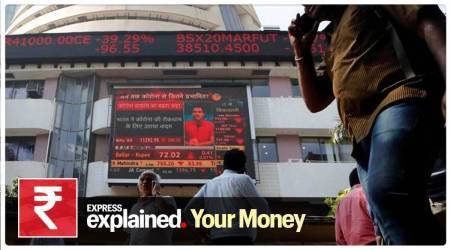Gripped by heavy economic sanctions and increasingly isolated from Western suppliers, Russia worked Thursday to keep its factories and businesses running and stave off a return to Soviet-era scarcity.
As the central bank slashed interest rates again in an effort to prop up the economy, its chair, Elvira Nabiullina, warned that the coming months would be “difficult for both companies and citizens” as the fallout on the Russian economy deepens more than three months into the invasion of Ukraine.
The economic toll on Russia, although difficult to quantify, has spread widely, from its largest companies to its small shops and workers.
Basic items, from paper to buttons, are in short supply. Prices of consumer goods have been soaring, with the inflation rate rising to 17.8% last month before dipping slightly. Sales in the energy sector, while high, are projected to fall as European customers begin to pivot away from Russian oil. Airlines, cut off from Western manufacturers, are searching for spare parts.
Best of Express Premium
 Premium
Premium Premium
Premium Premium
Premium Premium
PremiumThe Russian automaker Avtotor even announced a lottery for free 10-acre plots of land — and the chance to buy seed potatoes — so workers could grow their own food amid “the difficult economic situation.” The company announced the vegetable-farm giveaway after Western sanctions hobbled production at its assembly plant in Kaliningrad.
“I call what is happening now a horrible experiment,” said Ivan Fedyakov, who runs Infoline, a market research firm in Russia. “It has never happened in modern history when such a big and deeply integrated country would be so quickly and abruptly fenced off from the global economy.”
The shortages and supply chain issues will only worsen, economists predict, as the West moves to turn Russia into an economic pariah. It is unclear what might reverse that tectonic shift, short of major changes in Moscow, analysts say, including the end of President Vladimir Putin’s rule.
The central bank has been cutting interest rates faster than expected as the ruble has rapidly appreciated, reaching its strongest level in four years against the U.S. dollar this week.
Yet that rebound in the ruble is a sign of weakness, economists say, reflecting a sanctions-induced collapse in imports that, combined with a continued gusher of energy revenues, has sent the country’s account soaring.
This article originally appeared in The New York Times.
